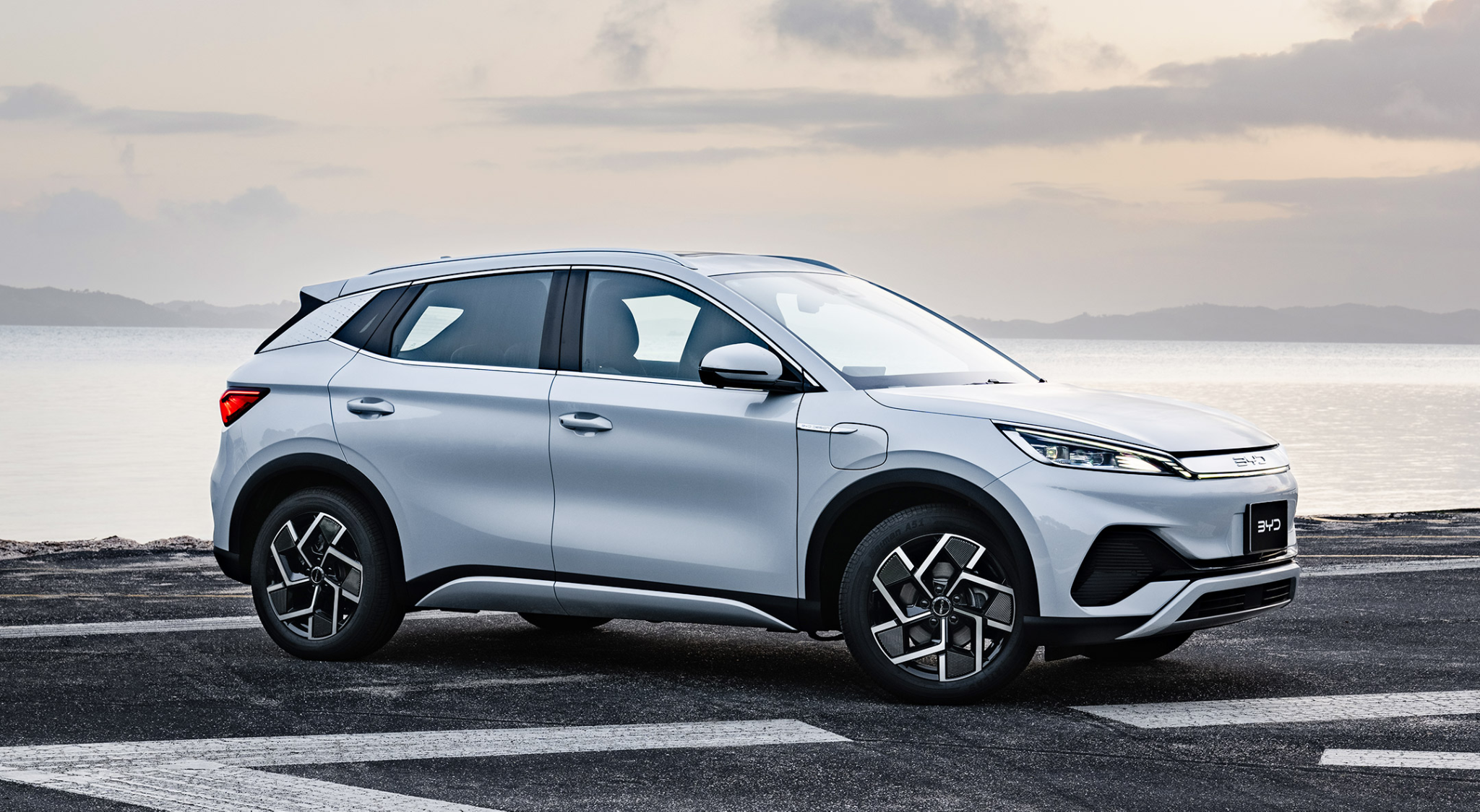BYD to Launch Passenger Electric Vehicles in South Korea in 2025
BYD, one of China’s top electric vehicle (EV) companies, is set to make its debut in South Korea’s passenger car market by 2025. Known for its advanced technology and impressive range, BYD aims to capture Korean consumers’ interest with two popular models: the Seal sedan and the Atto 3 compact SUV. This launch will mark BYD as the first Chinese car brand to enter the competitive Korean EV market, where established brands like Hyundai and Kia currently lead.
BYD’s Plans for South Korea
BYD’s Korean branch recently announced its preparation to introduce passenger EVs to the Korean market. The company is busy setting up its sales and service network across the country, ensuring that its cars meet the necessary certifications for sale in Korea. It’s also developing local marketing strategies, hiring staff, and preparing for a smooth rollout of its vehicles.
Since 2016, BYD has been selling commercial electric vehicles, such as buses and trucks, in Korea. However, this will be the first time the company offers passenger EVs to Korean consumers. This move is a big step, as previous Chinese carmakers struggled to enter the Korean market due to consumer concerns over quality and safety.
BYD’s New Models: The Seal and Atto 3
Although BYD hasn’t officially announced which models will arrive in South Korea, industry experts believe it will begin with the Seal sedan and the Atto 3 compact SUV. Both vehicles come with premium features and are designed to compete with popular models like Hyundai’s IONIQ 6 and Kia’s EV3. The Seal is a midsize sedan that provides a driving range of up to 569 kilometers on a single charge, which outperforms even the Tesla Model 3. It’s expected to be priced in the mid to high 40 million won range, making it an attractive choice for premium EV buyers.
The Atto 3, BYD’s best-selling compact SUV, has a range of 420 kilometers and is expected to rival Kia’s EV3 in the Korean market. Priced around 44 million won in other regions, it may be slightly lower in Korea, attracting even more buyers. This launch strategy suggests that BYD aims to establish itself as a high-quality, yet affordable, alternative to Korea’s leading brands.
Expansion Plans for BYD
If the initial launch of the Seal and Atto 3 is successful, BYD plans to bring even more high-end models to Korea. These could include the HAN series, which BYD fans are likely familiar with, and potentially vehicles under its luxury brand, Denza. BYD has already registered the trademark for Denza in Korea and registered other models like the Seal and the Dolphin with Korean authorities, showing its commitment to a long-term presence.
The company has received environmental certification for the Atto 3 from Korea’s Ministry of Environment and is waiting for similar approval for the Seal. Obtaining these certifications is essential, as every foreign EV must meet Korean standards for driving range, energy efficiency, and safety. The certifications for the Seal are expected to take a few more months, but BYD is confident its models will meet all requirements.
BYD’s Impact on the Korean EV Market
BYD’s entry into South Korea comes at a time when local EV brands face challenges in maintaining high demand. The Korean market has seen a drop in electric vehicle interest recently, and BYD’s competitive pricing and cutting-edge technology could attract consumers looking for reliable EV options.
Some industry experts believe BYD might introduce hybrid models to the Korean market if EV demand remains uncertain. Globally, BYD has achieved remarkable success, selling over 3 million eco-friendly vehicles worldwide in 2023 alone. In the first three quarters of 2023, the company earned $69.3 billion in sales, up nearly 19% from the previous year, which highlights BYD’s competitive position in the EV industry.
Challenges for BYD in South Korea
Even though BYD has been successful globally, it will face a unique challenge in South Korea: meeting consumers’ high standards for quality and safety. Korean drivers have high expectations for vehicle performance, and previous Chinese carmakers struggled to establish trust with Korean customers.
Recently, the European New Car Assessment Program (Euro NCAP) issued a “not recommended” rating for the driver assistance system in BYD’s Atto 3 model, highlighting the need for quality assurance as the brand enters new markets. To succeed, BYD will need to reassure Korean consumers that its vehicles, like the BYD HAN Warranty Company offers, meet rigorous quality and safety standards.
If you own a BYD car and need dependable service, visit Evsuae.com EVS UAE is the only service center in Dubai offering a warranty for Chinese electric vehicle brands like BYD. For trustworthy service and expert care, bring your BYD to EVS UAE, where your vehicle is covered and cared for.







